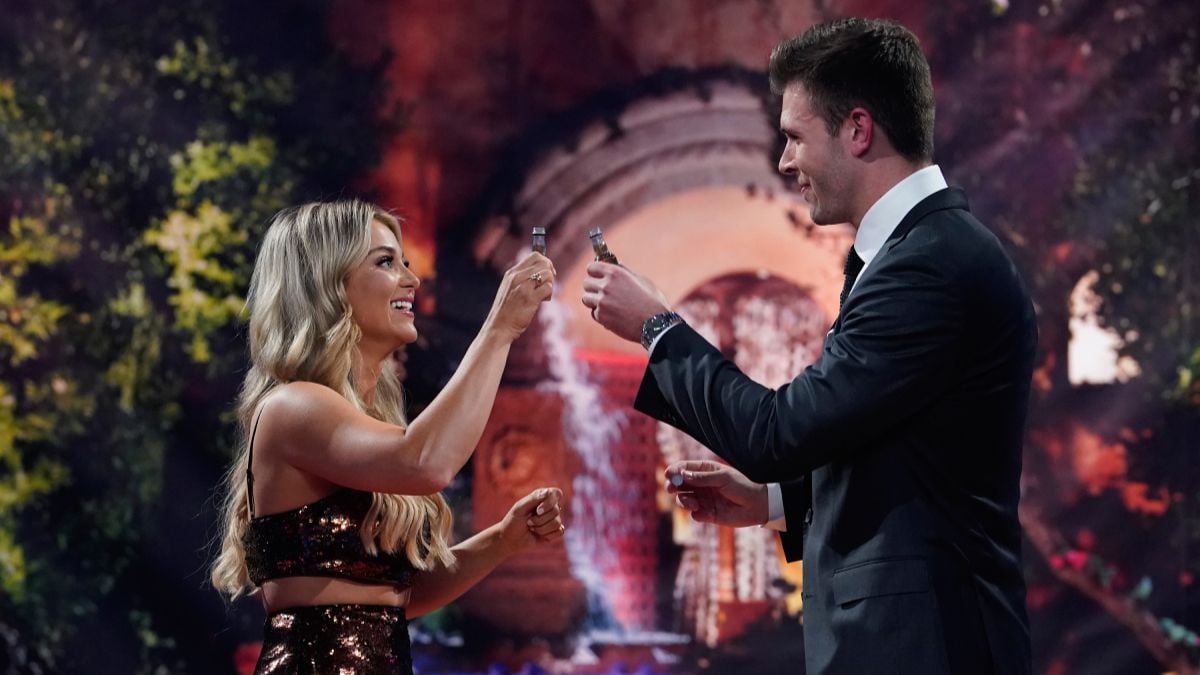The Bachelor and its seemingly endless universe of spin-offs have its fair share of awkward exchanges, as the reality franchise’s hopeful singles attempt to find and successfully court their soulmate. Even when a contestant manages to win the affections of a certain bachelor or bachelorette, the audience does not always feel the same love.
This was especially the case during The Bachelorette season 16, when contestant Chasen Nick frequently referred to bachelorette Tayshia Adams as a “smokeshow,” leaving many viewers with a huge ick. While some critics simply found the term rather sleazy, others interpreted Chasen’s attempt at referencing Tayshia’s good looks as having misogynistic undertones.
According to the most-upvoted result on Urban Dictionary, the term “smokeshow” is most commonly thought of as “a word to describe someone so hot that you basically see the smoke coming off them,” meaning that the term is meant to be used in a complimentary manner. Many Bachelorette fans were quick to point out that while Chasen used the term frequently to the cameras, he never said it to Tayshia’s face.
Is ‘smokeshow’ an offensive term?
Calling someone a “smokeshow” is not like calling someone a slur or an epithet, referring to a marginalized group and treating them with contempt for it. However, using the term lightly could still cause offense, depending on the manner it is delivered and the person being spoken to.
Given the inherently sexual nature of the compliment, using the term could come across as an unwanted sexual advance. Put it this way, no one’s ever going to call a family member a smokeshow. Using the term in a conversation is certainly a case of knowing your audience. Some may find being referred to as a smokeshow, especially by someone they don’t know well, as being overly familiar or creepy.
The term is also down to interpretation, and some find “smokeshow” to be signaling vapidness. As noted on The Bachelor blog Accept This Rose, some viewers thought the term meant “all smoke and mirrors,” a term used to describe something that uses beauty or aesthetics to mask a lack of depth or something unpleasant beneath the surface.
As described in an essay on Screen Rant, the “show” element of the “smokeshow” can be used in a manner to objectify, rather than compliment a person. The latter part of the term could be interpreted as intentionally putting on a display to an audience to please their desires, trivialising a person’s looks or style into doing something purely for the male gaze.

